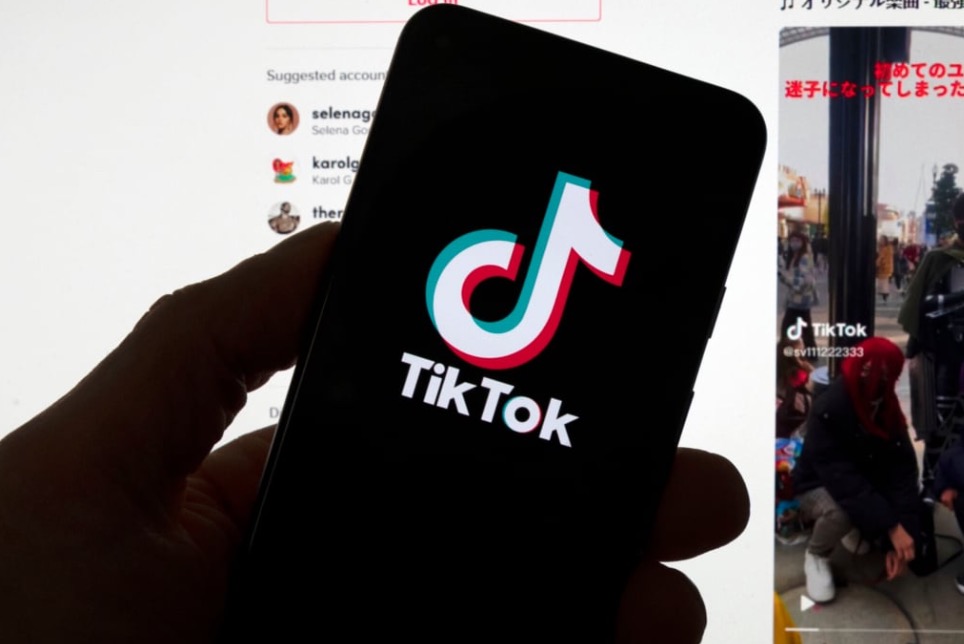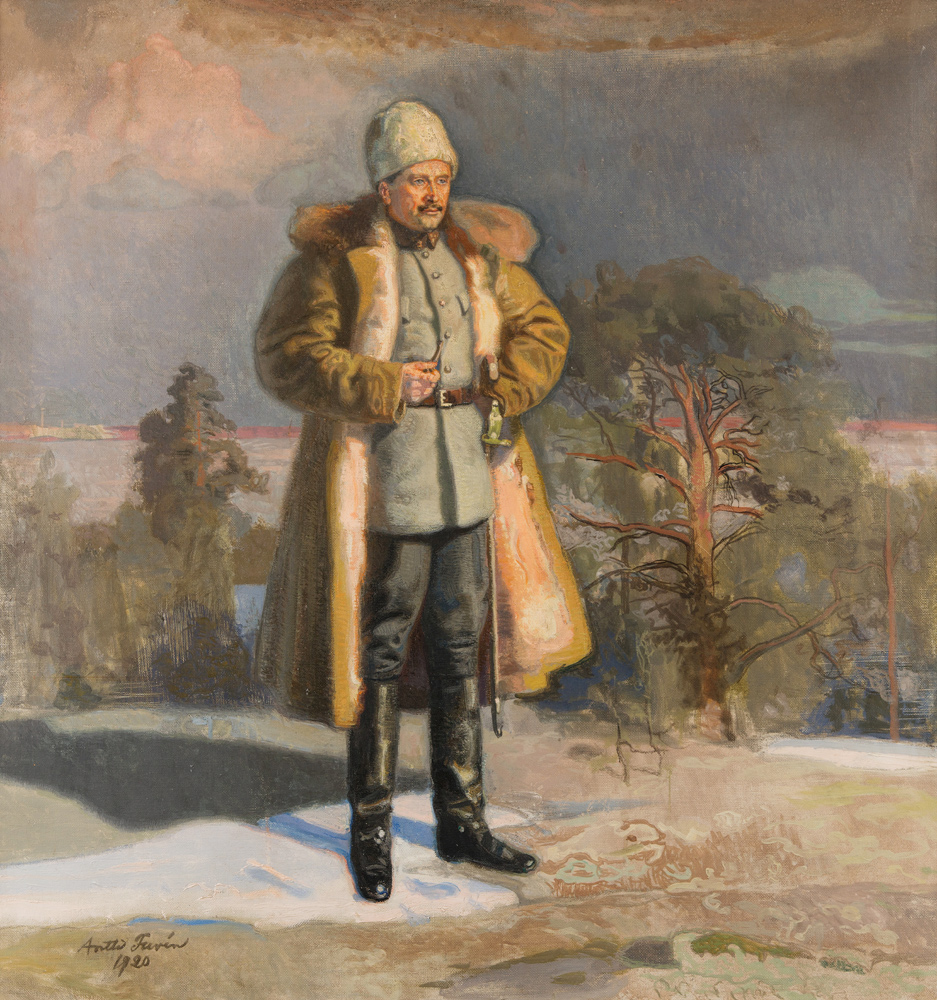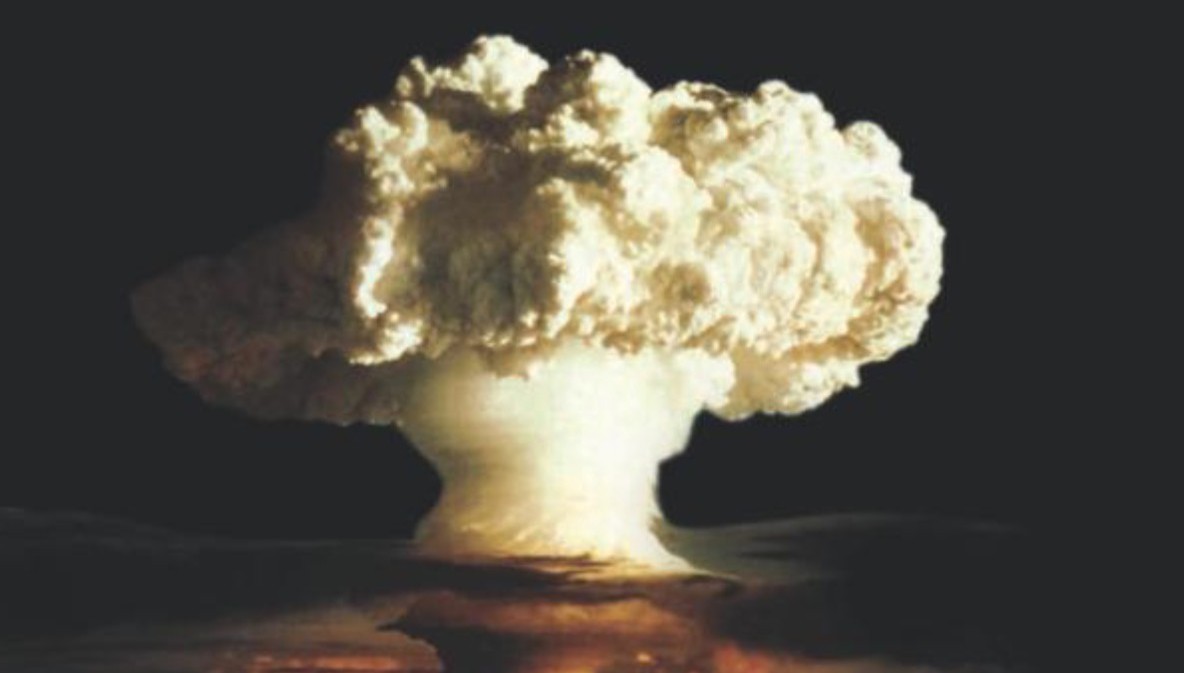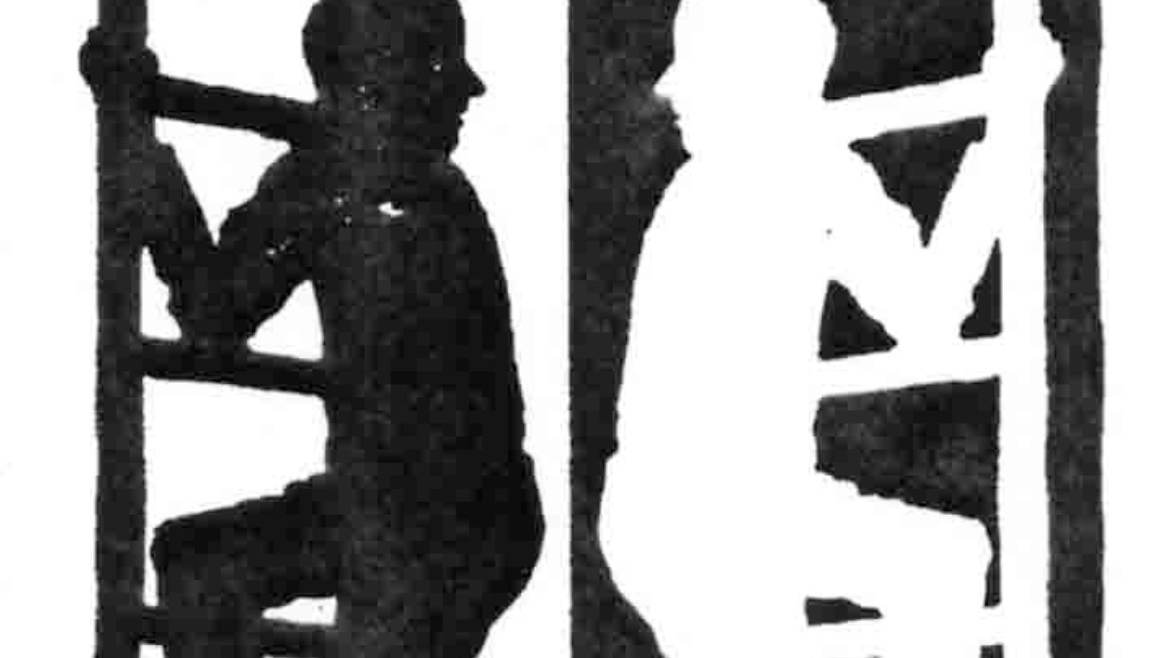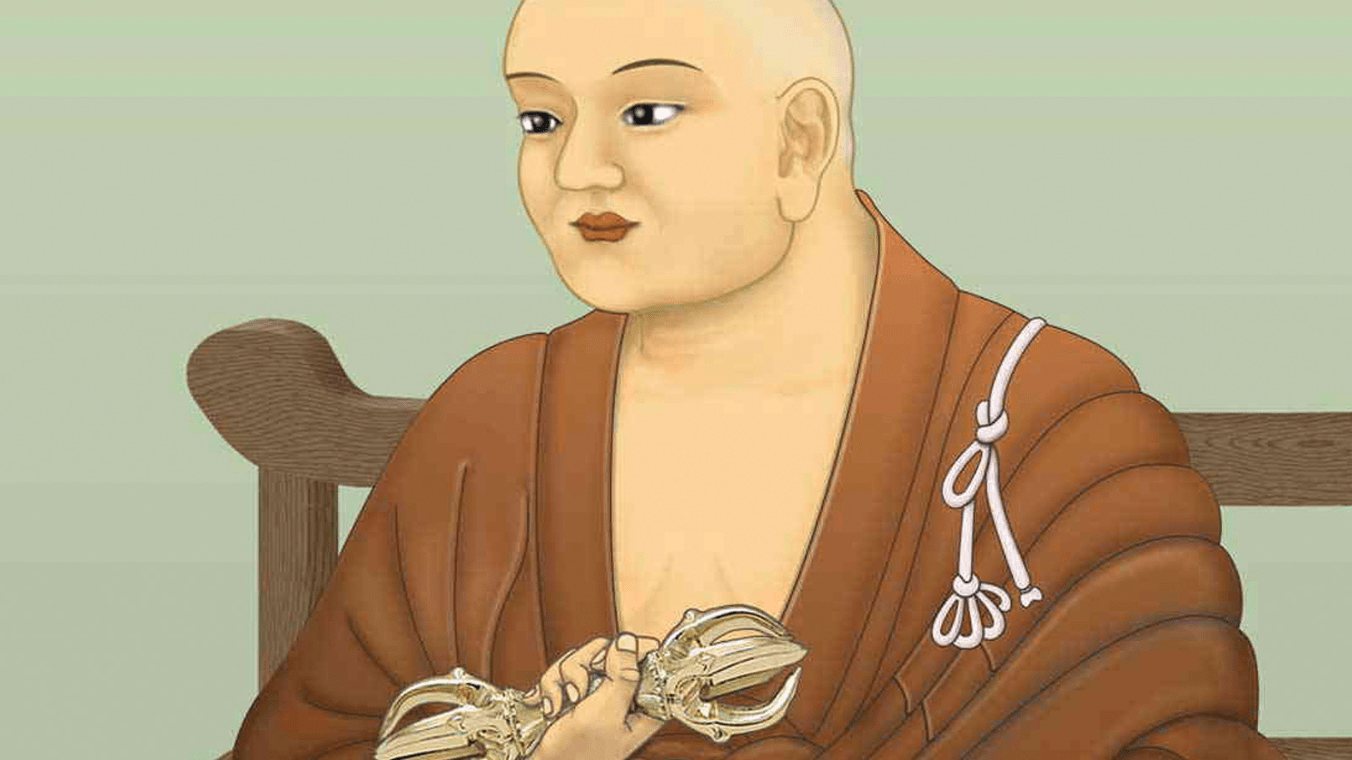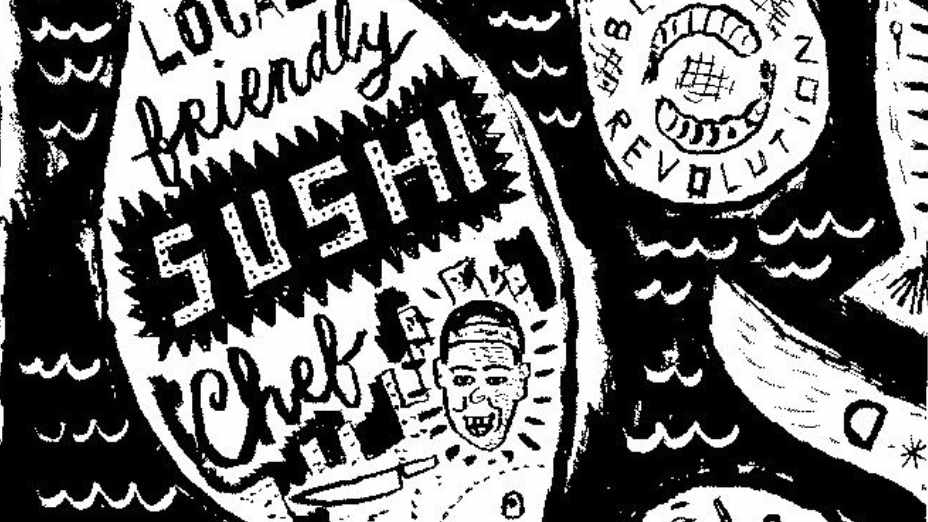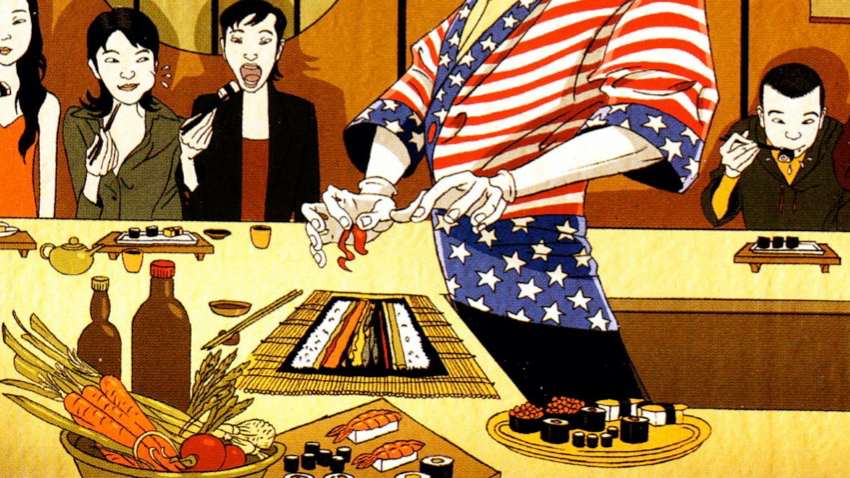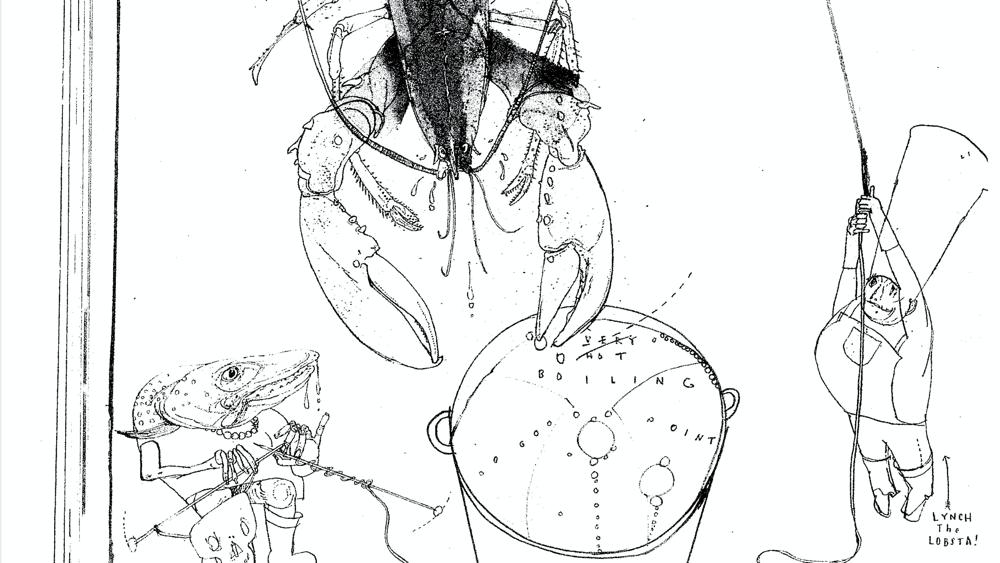In addition to his two books, Trevor has written articles and essays for The New York Times, The Wall Street Journal, The Los Angeles Times, The Boston Globe, The Atlantic, Men's Health, The Nation, The American Prospect, Boston Magazine, Gastronomica, Transition, and other publications; his work has been anthologized in The Best American Science Writing edited by Oliver Sacks and has received commendation in Best American Essays. Below is a selection of pieces organized by theme.
Science
The Telltale Heart
Many Japanese Buddhists think heart-transplant surgeons are murderers. Some Black Muslims have reason to believe that organ donation is a racist plot. And a growing number of critics think Western doctors are medically advanced but ethically backward. A report from the frontlines of the free death debate.
Transition
Stalking the American Lobster
Government scientists say that lobsters are being dangerously overfished. Lobstermen insist that stocks are plentiful. It's a familiar kind of standoff—except that now a new breed of ecologist has taken to the waters.
The Atlantic Monthly
Spreading as Quietly as a Clam
The critter that has been threatening clam lovers this summer is a type of plankton belonging to the genus Alexandrium. For most of us, plankton is little more than ocean dust. But under a microscope, it evokes a scene from "Animal Planet"—or worse, "Aliens."
The New York Times
Politics
Why Nordic Capitalism Works
In the U.S., capitalists have slashed taxes, weakened government, crushed unions and privatized essential services in the pursuit of excess profits. All of this leaves workers painfully vulnerable to capitalism’s dynamic disruptions. Nordic capitalists took a different path.
The New York Times, Sunday Review
The Engaging Question
Should the U.S. have been engaging China in trade and diplomacy, in order to promote the eventual emergence of civil society? Or should the U.S. have been trying harder to contain China in order to coerce an expansionist regime into backing off from oppression at home and aggression abroad?
The American Prospect
Should the U.S. put limits on TikTok? Probably. But not like this
Born out of mounting fear of surveillance by foreign adversaries, the RESTRICT Act—currently making its way through Congress—would restrict much, much more than it needs to.
The Portland Press Herald
The Moor's Last Sigh
Financiers bemoan the dehumanizing excesses of global capitalism and Wall Street has become obsessed with Karl Marx. This shouldn't be surprising—today we wring our hands over globalization, but Marx was already on the case in 1848.
Boston Book Review
China's Blue Collar Blues
Contrary to the conventional wisdom on why the Tiananmen Square protests were crushed, the government's crackdown was as much a rejection of hardline communism as a return to it. Now, top-down economic reform has triggered protest from its victims—a classic Marxist proletariat.
The Atlantic Monthly
Enter the Dragon
A Finnish national hero on a spy mission across China—a tale of espionage, the Silk Road and the rise of modern China.
The Boston Globe
War
Neutrality for Ukraine is the Best Route to Peace
The war with Russia shows no signs of abating and the threat that the US might be drawn into the conflict remains real. To attain peace, Washington has to stop pretending it can dominate the world.
The Boston Globe, Ideas
Backing Beijing Into a Corner
American missile defense systems can't succeed at overcoming Russia's several thousand warheads, but they can succeed at stoking an unnecessary and dangerous new nuclear arms race—especially with China.
The New York Times, Opinion
Strait-jacket
Upcoming elections could edge Taiwan closer to a symbolic declaration of independence—and the United States toward military conflict with China. There's one way out.
The Atlantic
What "Pearl Harbor" Teaches Us
On the night of March 9, 1945, wave after wave of American B-29s bombed Tokyo with enough napalm to burn 100,000 civilians to death and a quarter of the city to the ground. Similar raids followed on 66 Japanese cities. You won't see that in Michael Bay's movie.
The Boston Globe, Opinion
The Race to Bomb
Terrorist attacks against civilians are not something invented by Third World fanatics. The "enlightened" West bears responsibility for this development. It was born of the white man's savagery, and it released an arc of violence into history.
The Nation
Our Fading Memory of Nuclear Destruction
Amidst the historical debate over the reasons the atomic bombs were dropped on Japan, we are losing something precious: the stories of the survivors, who are starting to disappear.
Medium
Race
The Race to Bomb
Terrorist attacks against civilians are not something invented by Third World fanatics. The "enlightened" West bears responsibility for this development. It was born of the white man's savagery, and it released an arc of violence into history.
The Nation
The Hues of Affirmative Action
The charge that affirmative action devalues the achievements of minorities and could discriminate against whites won't go away. Neither will the fact that legacy children like me, mostly white, continue to benefit unfairly from our own form of affirmative action.
The Christian Science Monitor
Organ Rejection
In the U.S.'s healthcare system, the poor lack the funds and often the insurance coverage needed for organ transplants. But there's also the unspoken, murkier theme of race, which raises unsettling questions about our ability to prolong life.
The American Prospect
Culture
The Car My Dad Didn't Live to See
When my father got sick, we hoped he would survive to witness the future he'd been working toward.
The New York Times, Opinion
The Magic of Buddhism
One of the most important Buddhists in the East is completely unknown in the West. And he wasn't into Zen meditation.
Kyoto Journal
Saunas and Silence
When I asked a young woman in Finland to define the essence of Finnish cottage life, she gazed dreamily into the distance. “Washing dishes without running water or electricity,” she murmured. A man next to her nodded approvingly, and added, “Digging ditches.” Only later did I realize he was probably referring to going to the bathroom.
The Atlantic
Chinese Filmmakers Deserve Better
Western critics who disliked the mainland Chinese director Zhang Yimou's films for their stereotypically socialist undercurrents don't seem to mind the stereotypes of Chineseness in Ang Lee's American-influenced international fantasy of a genre, "Crouching Tiger, Hidden Dragon".
The Los Angeles Times
Food
Sushi for Two
Lobbyists for the sushi and fishing industries insist that tuna is essential to sushi, and that controls on harvesting the fish would threaten traditional Japanese culture. But that's nonsense. What we need isn’t the destruction of the tuna, but rather a renaissance in American sushi to discover for ourselves what sushi is really about.
The New York Times, Opinion
American Sushi
A new generation of U.S. sushi chefs, rooted in American culture and society, offers an experience that is, in important ways, more authentically Japanese. Consider the case of Marisa Baggett, an African American chef based in Memphis, whose goal is to teach Americans in Tennessee and Mississippi to appreciate authentic sushi.
The Atlantic
The Hidden Power of Funky Foods
Bad experiences (vomiting, punishment by parents, horrible dates) can ruin a taste or smell. Good ones (not vomiting, encouragement by peers, amazing dates) can do the opposite—which is great news, because some of the foulest edibles are the best for you. Learn to love them.
Men's Health
Whale: To Eat or Not to Eat?
A Santa Monica restaurant is facing charges for preparing the world's largest mammals, but Baby Beluga's cousins might be more ethical than beef.
The Atlantic
Boiling Point
First it was veal. Then foie gras. Now animal rights activists, ethical eaters, and even Whole Foods executives are targeting a new evil—your lobster dinner. Is it a good cause, or will we just end up forgetting forever where meat actually comes from?
Boston Magazine





